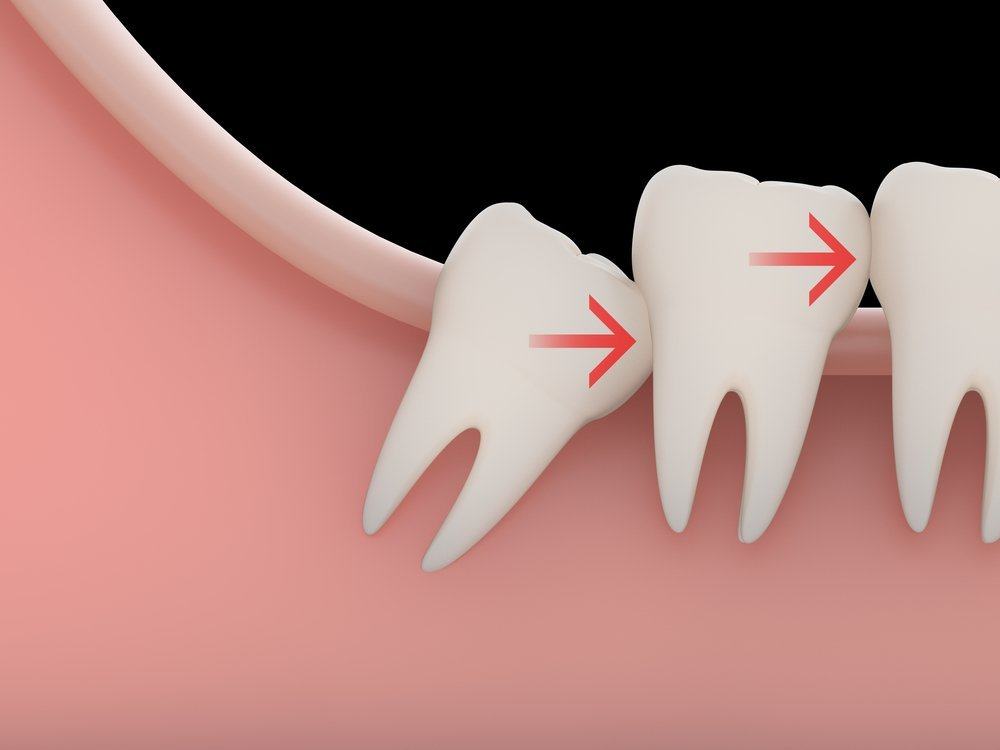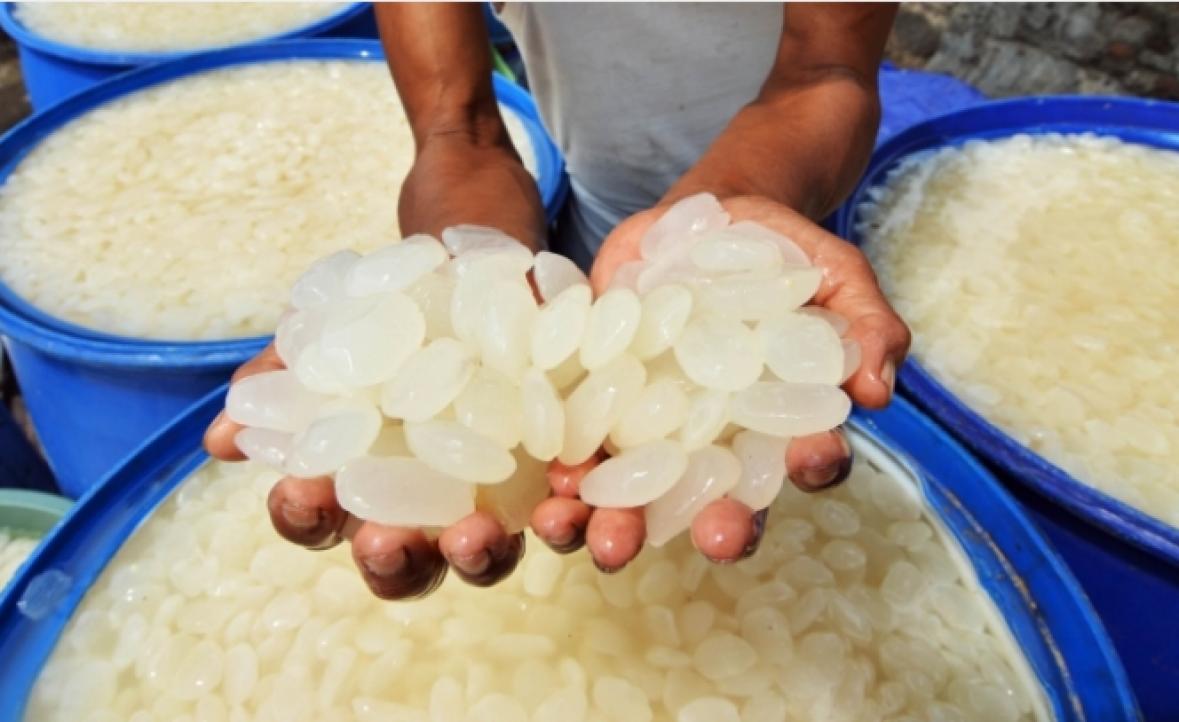Contents:
- Medical Video: 13-Year-Old Says Mom Will Do Anything To Stop Her From Having Fun
- What are the symptoms of impacted wisdom teeth?
- What will happen if impacted wisdom teeth are not removed?
- How do you deal with impacted wisdom teeth?
Medical Video: 13-Year-Old Says Mom Will Do Anything To Stop Her From Having Fun
Have you ever heard of wisdom teeth? Or even now you are experiencing it? Wisdom teeth are also calledwisdom teeth growing at the very tip of the gum. It usually starts growing at the age of 17 to 25 years. Most wisdom teeth must be removed because they experience impaction, aka grow abnormally. Usually this is because there is not enough room for this tooth growth.
The growth of this wisdom tooth can be painful. The gum above may be infected and swollen. Initially you might not realize that you will have wisdom teeth. However, over time you will feel discomfort in the gums or pain around the nearest tooth, even you can experience pain in the ear close to your face.
Its location in the far corner and difficult to reach with a toothbrush makes this youngest tooth vulnerable to cavities. Teeth that have grown recently can also cause the next tooth to be disrupted. If the teeth grow up, the next tooth will get a boost from the impacted teeth, which can make the structure of the other teeth fall apart. There are several possibilities for the growth of wisdom teeth that experience impaction, such as:
- Teeth grow in the corner toward the back of the mouth
- Teeth grow ‘lying’ in the jawbone, growing at the right angle leading to another tooth
- It grows straight up or down just like any other tooth, but is trapped in the jawbone
What are the symptoms of impacted wisdom teeth?
As with newborn babies, you may experience some symptoms when wisdom teeth grow, such as:
- Swelling in the gums at the back of the mouth
- Bleeding gums and pain
- Difficulty in opening the jaw
- Bad taste in the mouth
- Pain when opening your mouth
- Pain when chewing or biting
What will happen if impacted wisdom teeth are not removed?
As explained above, if left untreated, wisdom teeth that grow abnormally will cause health problems in the form of:
- Other tooth damage. When wisdom teeth push other teeth, the risk of infection increases in that area. In addition, the teeth will grow inclined and piled up, so that the recovery needs to be straightened again.
- Cyst. Wisdom teeth will form a bag filled with fluid in the jawbone. The cyst that is formed will damage the jaw bone, teeth and nerves. Non-cancerous tumors can also grow.
- Cavity. As mentioned above, the remote location makes it difficult to clean when brushing your teeth, so that food and bacteria are easily trapped in the area. As a result, this can also cause infection.
- Gum pain. Swelling and pain in the gums aka pericoronitis can occur in the area of the wisdom teeth growing. This is due to the difficulty of cleaning the teeth.
How do you deal with impacted wisdom teeth?
When you consult a doctor, the doctor will diagnose the impacted tooth, whether to extract it or not. If the teeth are free from disease, treatment may only be done. Conversely, if impacted teeth are problematic and pose a risk of future disease, the doctor will see further what procedures will be recommended. Impacted teeth that cause pain and other mouth problems, will be recommended for treatment through surgery. The process is as follows:
- Sedation or anesthesia. You will be given anesthesia to make your mouth numb or numb; anesthesia will reduce your awareness without completely eliminating it.
- Tooth extraction. The dentist will make an incision in the gum and remove the bone that blocks access to the root of the impacted tooth. After being removed, the doctor closes the wound with sutures and closes the empty space in the area with gauze.
This operation doesn't take long, you can go home that day. The after effects are pain and bleeding, and swelling in your jaw. Some people may find it difficult to open their mouth due to swelling in the jaw muscle. The doctor will give instructions to deal with the swelling and pain. You also have to take the medicine and compress it with cold water to reduce swelling.
READ ALSO:
- How often do we have to change toothbrushes?
- 3 Ways to Prevent Cavities in Children
- Sensitive Teeth and Various Methods of Handling












